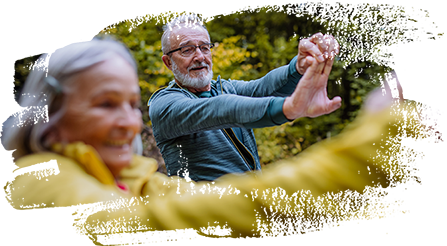In a new study, published in Gut Microbes, experts from the University of Nottingham found that exercise intervention in people with arthritis, did not just reduce their pain, but it also lowered the levels of inflammatory substances (called cytokines). It also increased levels of endocannabinoids. Interestingly, the way exercise resulted in these changes was by altering the gut microbes.
Exercise is known to decrease chronic inflammation, which in turn causes many diseases including cancer, arthritis and heart disease, but little is known as to how it reduces inflammation.
A group of scientists, led by Professor Ana Valdes from the School of Medicine at the University, tested 78 people with arthritis. Thirty-eight of them carried out 15 minutes of muscle strengthening exercises every day for six weeks, and 40 did nothing.
At the end of the study, participants who did the exercise intervention had not only reduced their pain, but they also had more microbes in their guts of the kind that produce anti-inflammatory substances, lower levels of cytokines and higher levels of endocannabinoids.
The increase in endocannabinoids was strongly linked to changes in the gut microbes and anti-inflammatory substances produced by gut microbes called SCFAS. In fact, at least one third of the anti-inflammatory effects of the gut microbiome was due to the increase in endocannabinoids.
To read the full article, click here.

